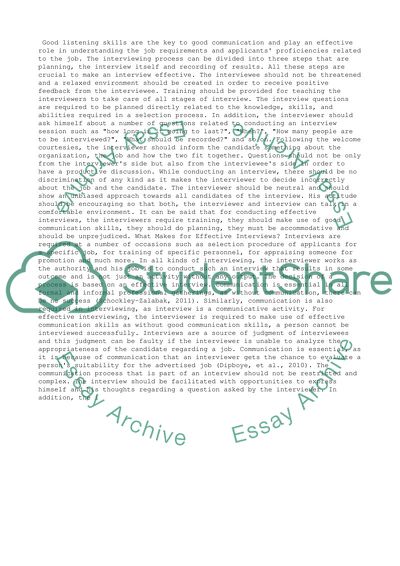Cite this document
(“What Makes for Effective Interviews Essay Example | Topics and Well Written Essays - 2250 words”, n.d.)
Retrieved from https://studentshare.org/management/1430640-effective-interviews
Retrieved from https://studentshare.org/management/1430640-effective-interviews
(What Makes for Effective Interviews Essay Example | Topics and Well Written Essays - 2250 Words)
https://studentshare.org/management/1430640-effective-interviews.
https://studentshare.org/management/1430640-effective-interviews.
“What Makes for Effective Interviews Essay Example | Topics and Well Written Essays - 2250 Words”, n.d. https://studentshare.org/management/1430640-effective-interviews.


